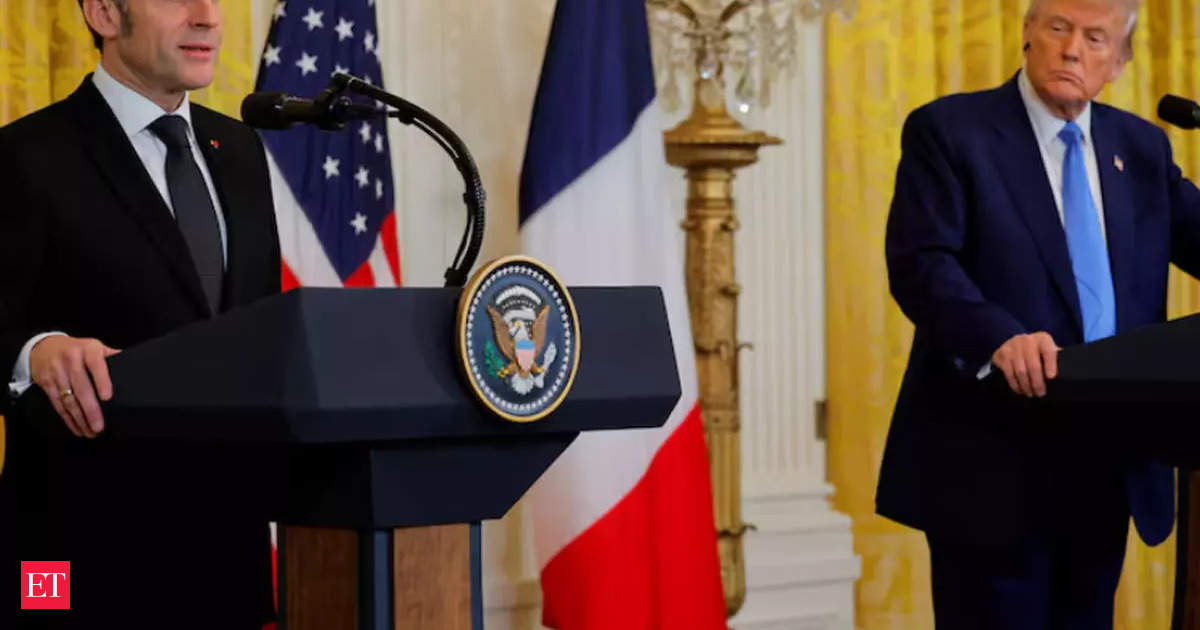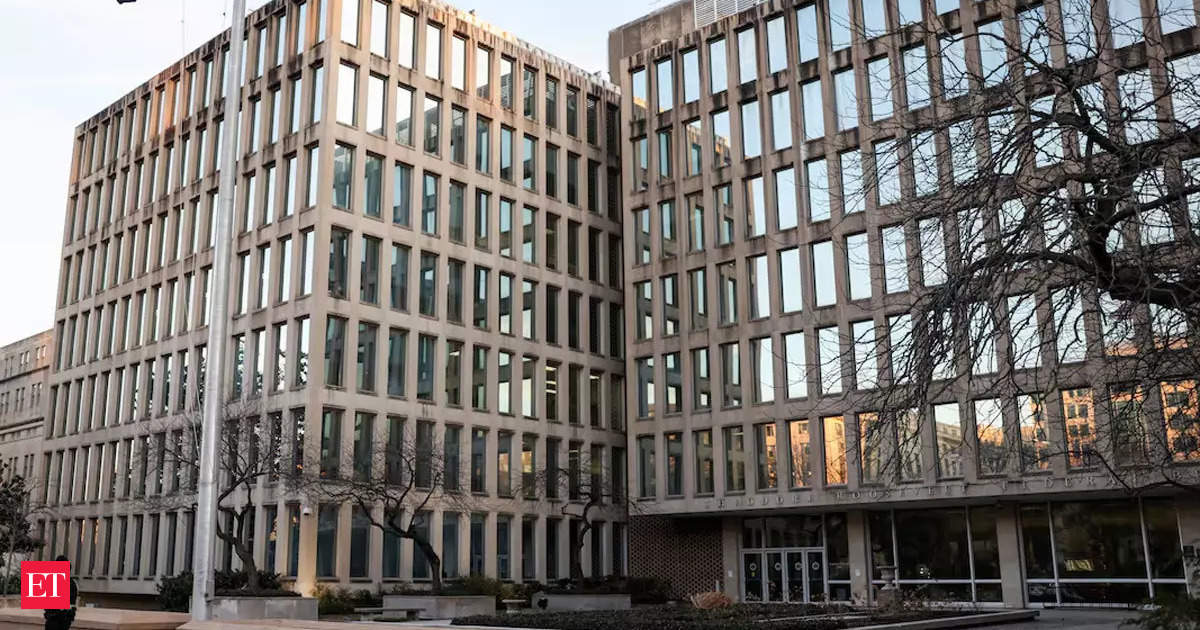A hard-won deal on the European Union’s negotiating stance for this year’s UN climate talks has revealed regional rifts that anticipate global tensions at the COP28 summit. EU countries spent weeks debating their COP28 position before their climate ministers agreed on Monday to push for deals to phase out CO2-emitting fossil fuels, triple production of renewable energy, and halt the building of coal power plants. However, even EU countries clashed over how ambitious to be, with divisions falling between wealthier members seeking rapid climate action and poorer economies concerned about the cost of quitting fossil fuels.
The toughest issue concerns fossil fuels, with the EU only agreeing to support a phase-out of coal, oil, and gas after certain industrial sectors were given the option to keep consuming fossil fuels if technologies are used to capture the resulting emissions. The EU countries also disagreed over how quickly to phase out fossil fuel subsidies, eventually approving a vague deal with exemptions and no end date.
These disputes indicate the challenges that will arise at COP28, where Europe’s call to stop burning CO2-emitting fuels will clash with the arguments of major fossil fuel producers and consumers, as well as poorer nations that require more financial support from wealthy nations to cut CO2 emissions quickly. Tensions are already building, with Russia opposing a phase-out and Saudi Arabia resisting the proposal to phase down fossil fuels at last year’s UN climate talks.
The resistance from these countries illustrates the difficulty of reaching an ambitious climate deal at COP28. However, there is some optimism as more countries, including China, Japan, the United States, Colombia, Norway, and small island states vulnerable to climate change, have expressed support for phasing out fossil fuels. The African Group of Negotiators, representing all 54 African countries in UN climate talks, has not ruled out the idea but stressed the need for equitable implementation that allows poorer nations to phase out fossil fuels at a slower pace than developed countries with high historical emissions.
While decisions at UN climate summits require unanimous backing, negotiators for COP28 are working to find trade-offs that can bring opponents on board. Although a deal at COP28 would not be legally binding, it would serve as an important guiding light for future laws and investments. The decisions made at these summits send signals to investors and inform national and local governments, as seen with the impact of the Paris Agreement in setting global targets and influencing national CO2-cutting efforts.
Furthermore, a UN deal to phase out fossil fuels could strengthen future legal challenges against government decisions to expand fossil fuels. It would provide a framework for holding governments accountable and ensuring their commitment to reducing carbon emissions is upheld.











